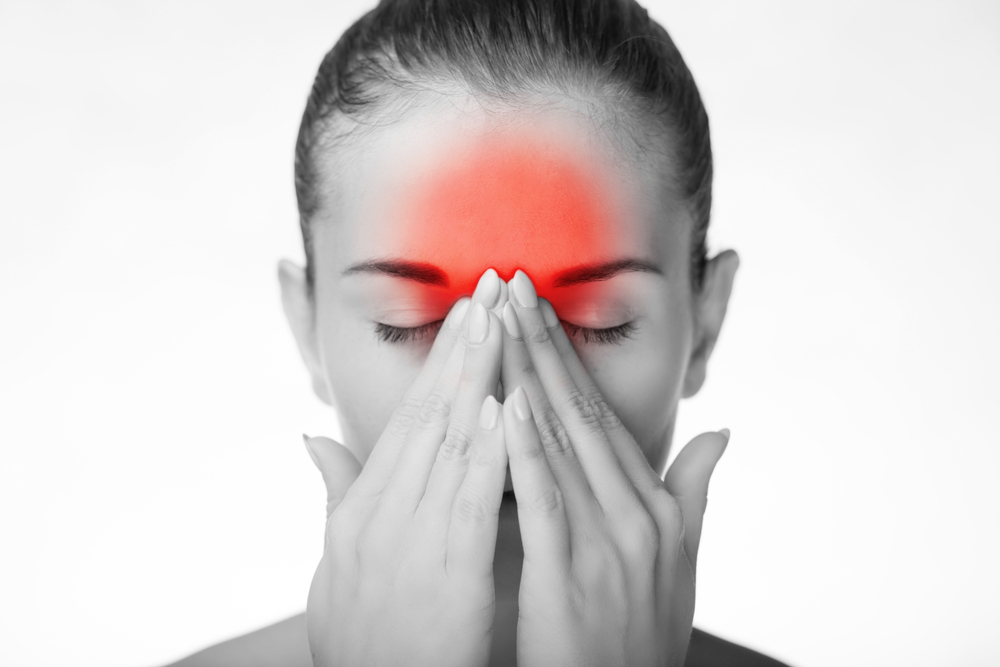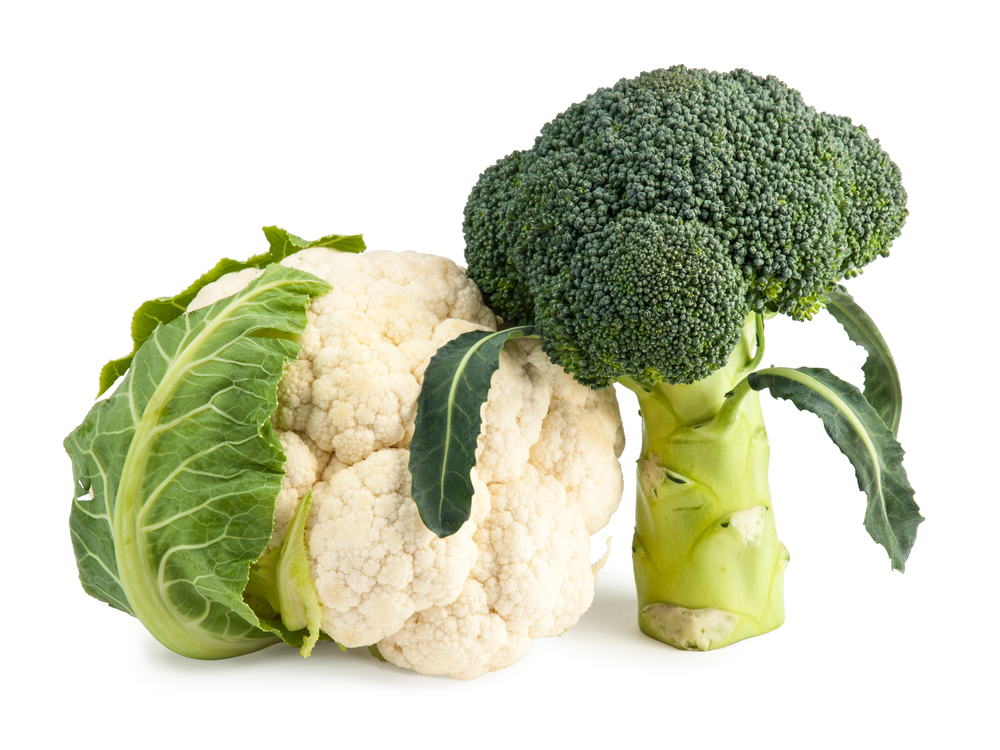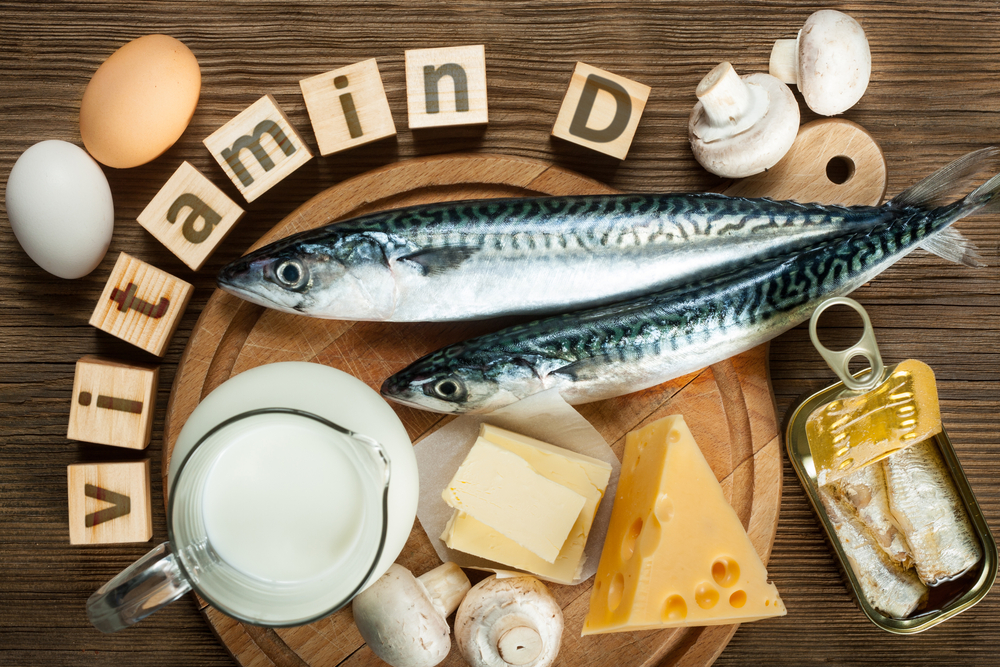SOCIAL PRESCRIBING: HOW HOLISTIC HEALTHCARE CAN HELP SUPPORT A HAPPIER LIFE

If you go to your GP with a bout of the blues, rather than putting you on a course of antidepressants, they may suggest you join a book club, cookery class or gardening group. The government is ploughing £4.5 million into referring patients to local voluntary community services – aka social prescribing[i].
This will mean that, ‘More people receive support that looks at their needs holistically enabling them to live happier, more independent lives,’ says care minister, Caroline Doneage. And it’s not just about mental wellbeing. Studies now show that diet, exercise, sleep and relaxation can benefit our physical health too.
MIGRAINE AWARENESS WEEK AND HOW FEVERFEW CAN HELP PROVIDE RELIEF

This year’s migraine awareness week runs from 2nd – 8th September.
And if you are a sufferer you will know only too well how migraines can put a damper on the best of days. There are several over-the-counter medications as well as prescription medicines, which may help to bring relief. But if you would prefer to go down a more natural route there is a herb that may help to soften the pain. It is called feverfew[ii].
Feverfew leaves can be eaten raw in a sandwich, boiled to make a tea-like infusion (use up to half a teaspoon of the dried herb per cup), or taken as a controlled dose daily in supplement form. No one knows for sure why feverfew works but it is thought that its leaves contain substances with anti-inflammatory properties, which can help ease constriction of blood vessels in the brain. Don’t expect immediate results though as you need to take feverfew for several months before you can expect to see results.
BRASSICA VEGETABLES FOUND TO SUPPORT A HEALTHY GUT

Good news for veggies. According to a recent study carried out by the Francis Crick Institute and Imperial College London on animals, a chemical (called indole-3-carbinol or I3C) produced by vegetables, such as kale, cabbage and broccoli, may help maintain a healthy gut as well as prevent the development of colon cancer in later life[iii]. ‘These findings are a cause for optimism; while we can’t change the genetic factors that increase our risk of cancer, we can probably mitigate these risks by adopting an appropriate diet with plenty of vegetables,’ explains Dr Gitta Stockinger, senior author and Group Leader at the Francis Crick Institute. The researchers hope to carry out future trials on humans. Watch this space.
ARE YOU GETTING ENOUGH VITAMIN D?

As the weather starts to turn we spend less time outdoors, which means our chance of stocking up on vitamin D produced by our body in response to the sun is also smaller. Vitamin D supports immunity and is needed by the body to absorb calcium for strong healthy bones; the best way to replenish your store is to increase your uptake of foods rich in this vitamin. Key food sources include fortified margarines and spreads, oily fish, eggs and cereals. Alternatively, why not consider a supplement? Look out for ones containing vitamin D3 (cholecalciferol) as it is a better absorbed form of Vitamin D.
[i] www.gov.uk/government/news/social-prescribing-schemes-across-england-to-receive-45-million?utm_source=e7e893f2-3a26-4912-860a-c1e07cf62397&utm_medium=email&utm_campaign=govuk-notifications&utm_content=immediate
[ii] Fever few (Tanacetum pantheism) Wider B, Pittler MH, Ernst E. Feverfew for preventing migraine. Cochrane Database of Systematic Reviews 2015, Issue 4. Art. No.: CD002286. DOI: 10.1002/14651858.CD002286.pub3
[iii] https://www.imperial.ac.uk/news/187692/broccoli-cabbage-kale-protect-against-colon/





















Add comment